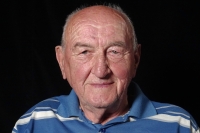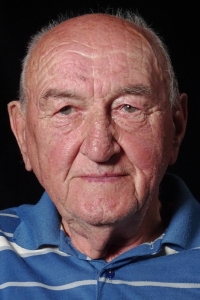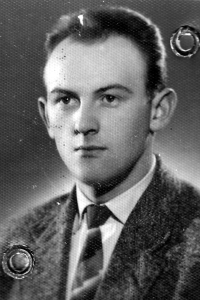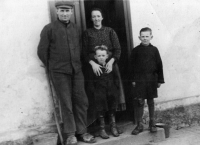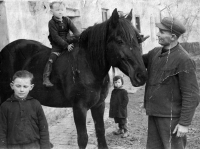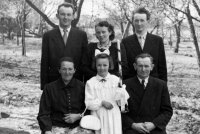The bunkers fell without a fight. Kostelník’s land, it never fell
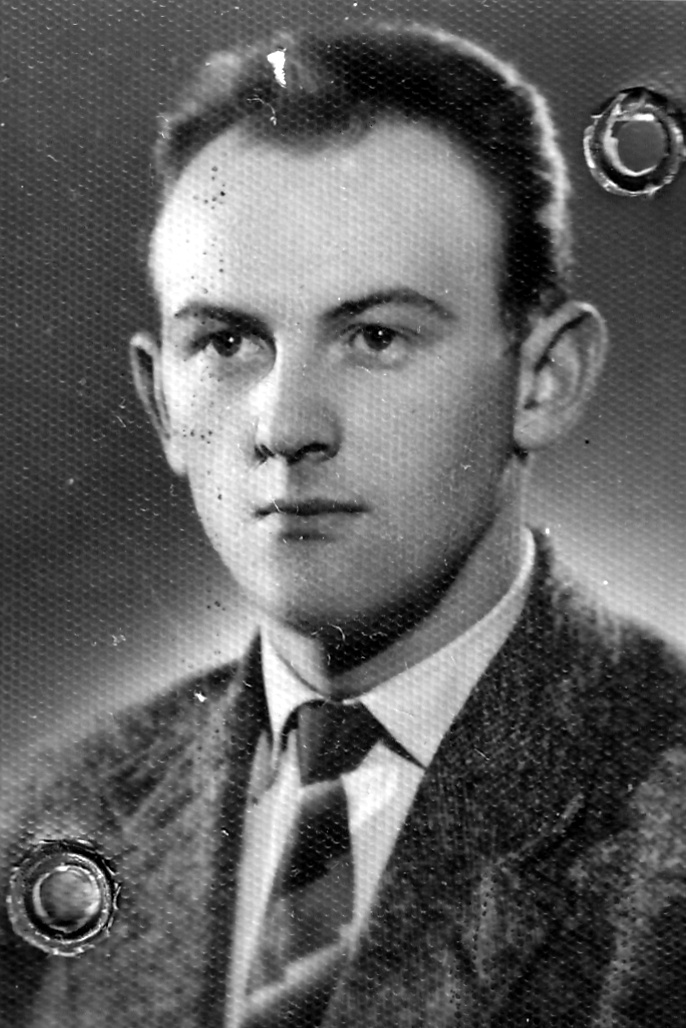
Download image
Gerhold Kostelník was born on 16 March 1937 in Hať, Hlučín region, into the family of Ludvík Kostelník, a blacksmith. In the mid-1930s his father bought a farm and started farming with his wife Anna. During the war, his father had to enlist in the Wehrmacht and was captured in the Soviet Union. He returned home in the autumn of 1945. Gerhold Kostelnik experienced the retreat of the German army from Hať at the end of the war, the bombing by the Red Army and the violence against the civilian population. He finished primary school and helped his parents on the farm. At the beginning of the 1950s, his father and mother resisted collectivisation, refused to join a cooperative and farmed privately throughout the era of socialist Czechoslovakia, with their younger son Vilibald Kostelník taking over the farm. Gerhold Kostelník graduated from a two-year agricultural school in Klimkovice in the Novojičín region and worked on the state farm. In 2024 he lived in his house in Hať.
